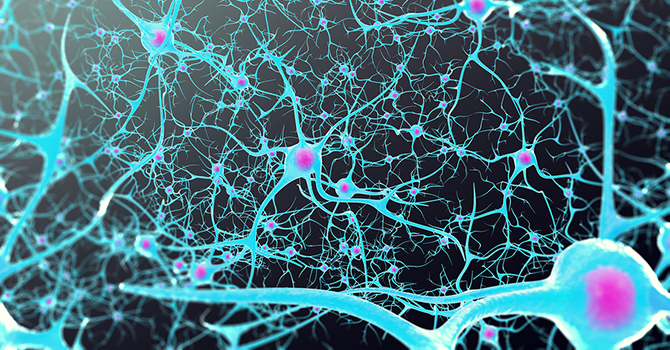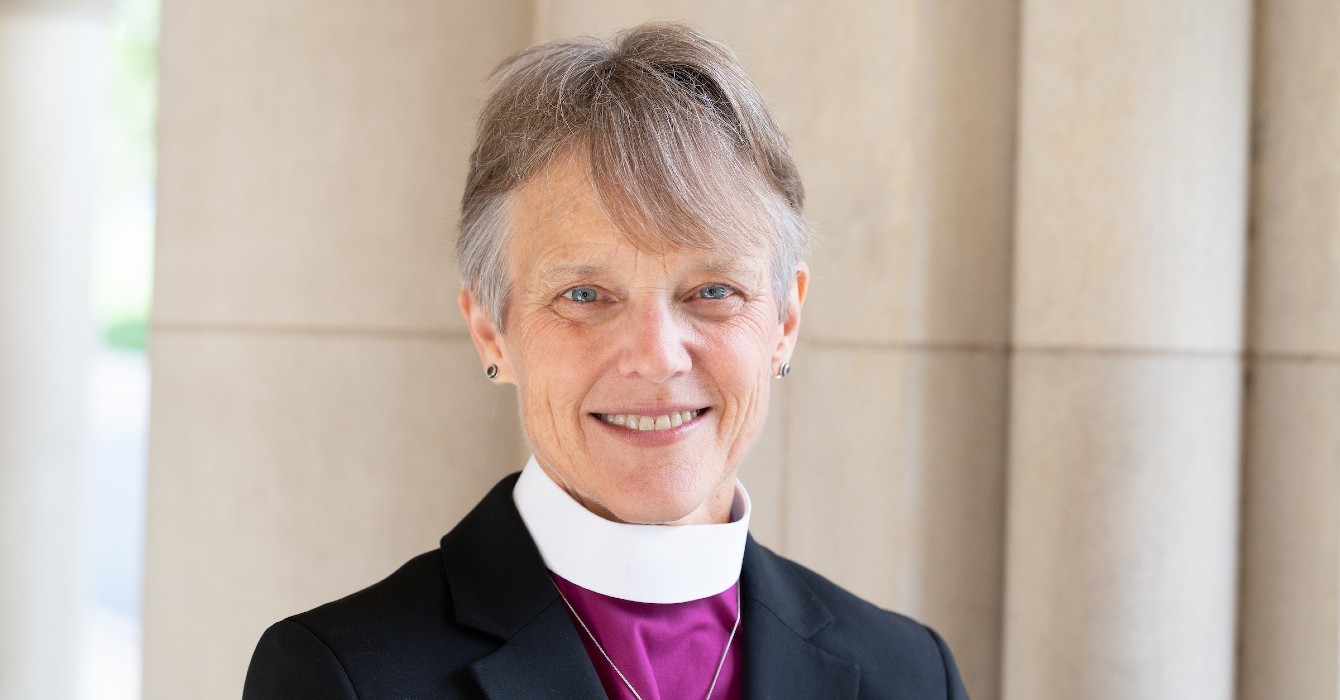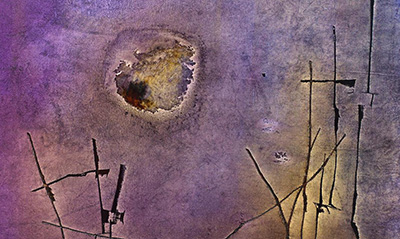Sometimes synapses have a mind of their own.
While finishing up Ed Yong’s new book, “I Contain Multitudes,” I recalled John Donne’s words from the early 17th century, likely nudged up by some caffeinated cells in my cerebral cortex:
No man is an island
Entire of itself;
Every man is a piece of the continent,
A part of the main.
Though separated by nearly 400 years, Donne’s and Yong’s writings share significant implications. Donne’s 1624 poem encouraged Europeans to rise above the political and religious differences that had washed the continent in blood during the wars of religion.
The poem invoked images of a common humanity that Donne hoped would someday transcend national and tribal identities. Mightn’t we think of ourselves as all creatures of the one God, he hoped (good Anglican that he was), instead of mustering under our various flags to march again into battle?
Donne queried the prevailing notion that we are discrete individuals, trusting that his more thoughtful readers might engage in some deep reflection upon their shared humanity, and perhaps opt for peacemaking.
Yong’s book, borrowing its title from a line in Walt Whitman’s “Song of Myself,” again questions the concept of the discrete self, though from a biological -- instead of theological and philosophical -- perspective.
Weaving a careful historical narrative, starting with Antony van Leeuwenhoek -- who, using a homemade microscope, was the first human to see a bacterium, probably in 1675 -- Yong provides the scientific layperson a road map through the complicated research terrain in the expanding field of microbiology.
He tells us what he’s about early in the book, gently rolling out a thesis that would have terrified Cotton Mather: “Our lives are heavily influenced by external forces that are actually inside us, by trillions of things that are separate from us and yet very much a part of us.”
We are colonized by -- locked in symbiotic embrace with -- countless bacteria. They wash over us in the maternal birth canal, medicate us through the mother’s milk; they are along for the ride of a lifetime. They -- and each of us -- constitute a biome.
In other words, it’s becoming more and more difficult to claim that any one of us is an individual, an “island, entire of itself.” As Yong puts it, “Perhaps it is less that I contain multitudes and more that I am multitudes”
What might Poe have written, had he known that we cohabit our very selves with bacteria? And poor Descartes! There really is no discrete “I” to do the thinking.
While most of us have read the occasional article suggesting that much of nature -- behind the façade of babbling brooks, baby rabbits and field flowers -- is a violent struggle for survival, Yong’s narrative moves still deeper, distilling the latest research on those “trillions of things” and how it is that they have come not only to “sculpt animal bodies” but also to “sway the brain too -- the organ that, more than any other, makes us who we are.”
With a scientist’s understatement, Yong adds, “It is a disquieting thought.” Well, yes. Turns out the trillions have a vote on my self.
Donne may have been prescient in a way he could never have imagined. There really are few “bad” bacteria, Yong says. Some of the multitudes that rise up and make us ill have changed their demeanor because their environment has been upset; the body’s immune system has been weakened.
We call this an “opportunistic” infection -- and we feel it, too -- because the usually complacent self-mates step out of their appropriate roles and threaten everything. They become dangerous pathogens. Checks and balances have dissolved.
Perhaps there are likewise usually harmless stowaways in the soul, as Donne believed, that take up residence as common aspects of our humanity: religious beliefs, emotional boundaries, capacities for mercy and empathy, tolerance for and curiosity about the other, to name but a few.
These arrive with the mother’s milk, too, so to speak, are nurtured by culture and education, and come to constitute the spiritual biome that is the soul, the self.
But as Donne also knew, throw a flag into the environment, castigate the other as infidel, and some stowaway in the soul escapes its confines, abandons its usual environment and initiates a maelstrom, loosing another malady upon history -- an opportunistic infection manifesting itself as bitter discord or, at worst, war.
In the wake of one of the bitterest political campaigns in American history, a sad tableau in which the normal bounds of reasoned discourse, truthful speech and basic respect for the other were ignored, perhaps it is time for people of goodwill to ask the deep question of precisely what it is that has been loosed among us.
What has sickened us as a people, and what caused it to become a malicious pathogen? What stowaway in the soul slipped its bonds, and what must be done for health to be restored?
The motto of Duke University, “Eruditio et Religio,” is a Latin translation of Charles Wesley’s “Knowledge and Vital Piety,” early Methodism’s formula for a careful balance of head and heart, the intellect and the emotions.
As descendants of Donne’s Anglicanism, the Wesleys well understood the perils of undisciplined passion, religious or other, and set in place checks and balances to keep the first Methodists as spiritually healthy as possible. By the standards of modern psychology, their formula might appear primitive -- but given contemporary politics, their balm for the soul may warrant a fresh look.















